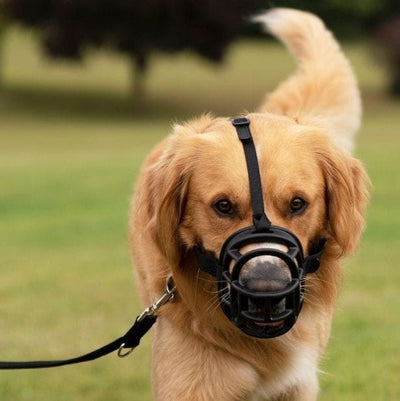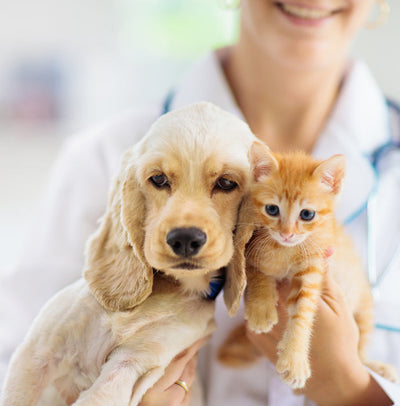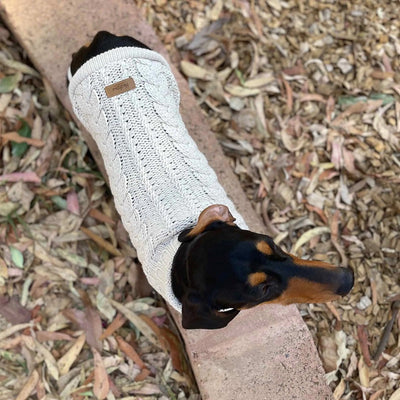Planning a trip is just as exciting as the holiday itself! Covid-19 is seeing many of us holidaying within our own state rather than jetting off overseas. Many holiday homes cater for all members of the family, including the four-legged members! Not all dogs are confident traveling in cars, in fact, many suffer from motion sickness without us actually noticing.
Just like us, our pets can suffer from motion sickness, unfortunately, they can’t tell us, so it's up to us to read the cues our pet is providing. The good news is there are a few solutions to this problem.
Although it can occur in dogs of all ages, we most commonly see motion sickness in puppies and young dogs in much the same way that we see motion sickness more commonly in children rather than adults. The ear structures that are used for balance aren’t fully developed in puppies and whilst most dogs grow out of it, some don’t.
We know that dogs can become conditioned or associate certain things happening with certain events. Pavlov's famous experiment using a bell is a great example of how behaviour can be changed. If in the first few car trips your pup appears to be suffering, it may have become conditioned to equating travel with feeling unwell.
Common signs of motion sickness in your pet

- Excessive drooling
- Panting
- Yawning
- Trembling
- Ear's back, tail down
- Whining
- vomiting
Managing travel sickness
Ensure that your dog faces forward, rather than looking out the side or back window. A seat belt harness will assist with keeping the dog in the position.
You could consider placing the dog, especially if it is a small dog in a pet carrier. This has the added advantage of containing any accidents as well. Cats travel well in a pet carrier, adding a light cover over the top will provide an added sense of security for them.
Smaller dogs will benefit from a booster seat.
This allows them to see out of the window whilst remaining restrained. A comfy harness attaches to the booster seat to ensure your dog is safe. Ensure you have a low maintenance protective cover on car seats or in the cargo section of your car. These specially designed covers are water resistant making clean ups easy.
Winding down the windows in your car a few centimeters helps to equalise the pressure in the vehicle with the air. Keep the air conditioning to a comfortable temperature.
If your pet is especially prone to travel sickness, do not feed your pet before traveling as this will limit the volume of sickness. Always provide fresh water.
Take frequent breaks. This is a great idea for yourself as well as your pet. Always provide fresh water for them and allow them to stretch their legs. Ensure that they are on a lead and that their pet ID tag is up-to-date.
Some dogs can overcome their travel sickness problems by gradually building up their tolerance to car trips. Initially encouraging your pet to sit in the car without going anywhere can help. Follow this with short trips and gradually build things up from there.
A short trip to the dog park is a great reward!
Natural treatments and remedies
Drug-free alternative treatments for travel sickness are available for your pet.
TravelEze is an Aussie made remedy that incorporates a blend of different herbs and has proven to be very successful in many dogs when administered prior to travel.
In serious cases, you can consult your vet about a range of prescription travel sickness medications that may be available for your pet.
For further information, call in & see us in the store, or email us: admin@weknowpets.com.au
4/72-76 Station St Bowral NSW 2576
PH: 024862 1175
© weknowpets 2020








